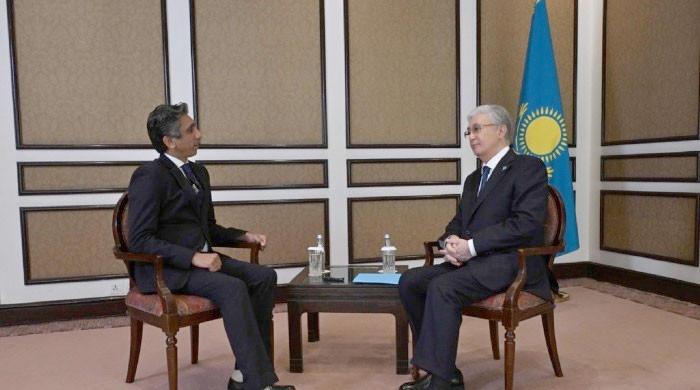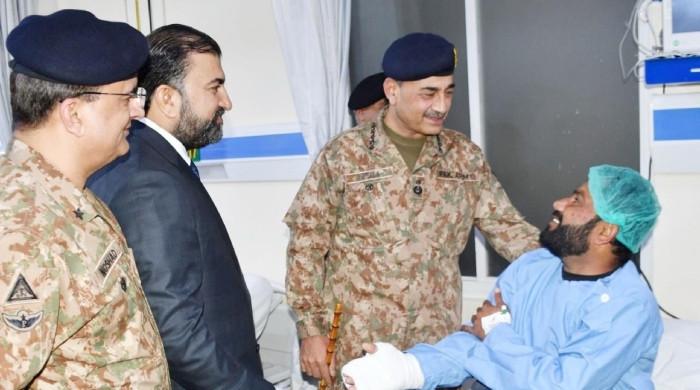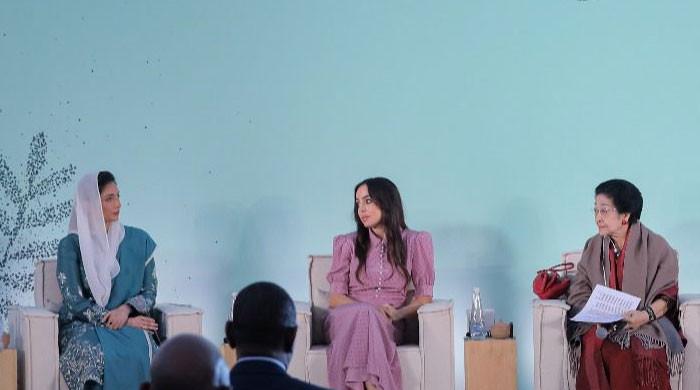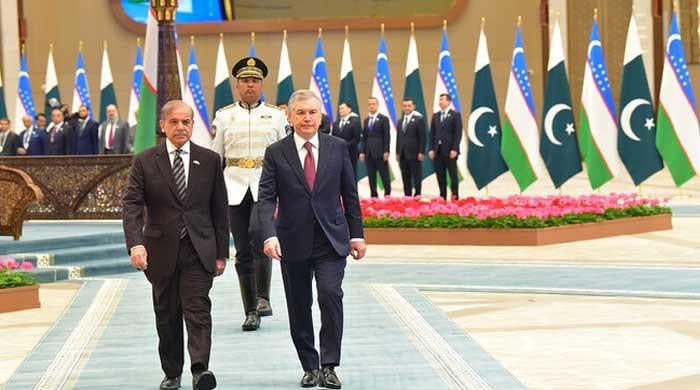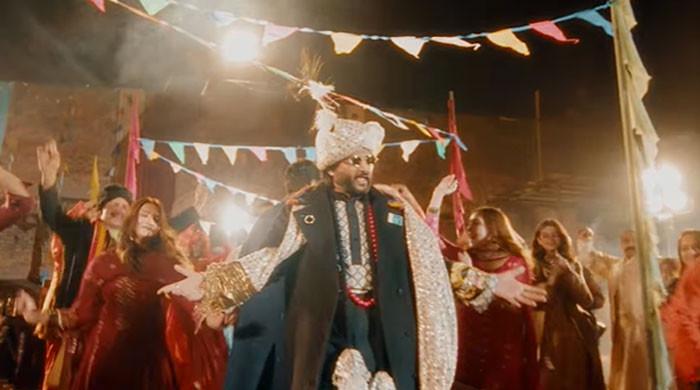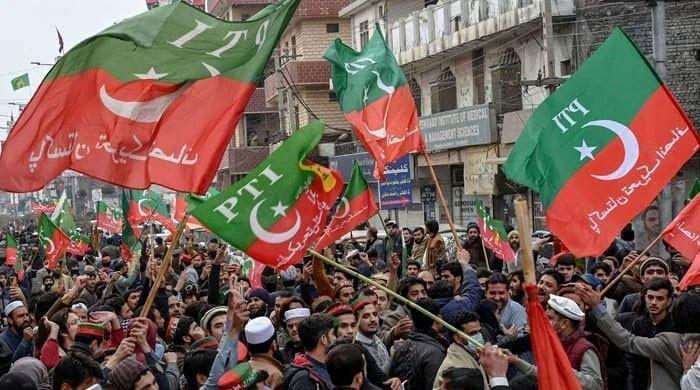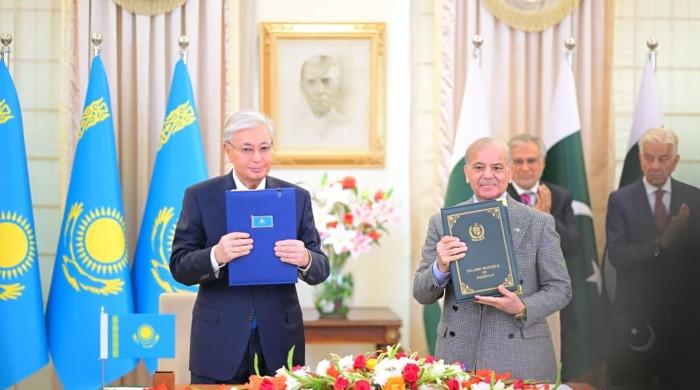President Alvi calls for reducing political polarisation
President Arif Alvi asks politicians to commit themselves to democratic tools to develop consensus on different issues
December 09, 2022
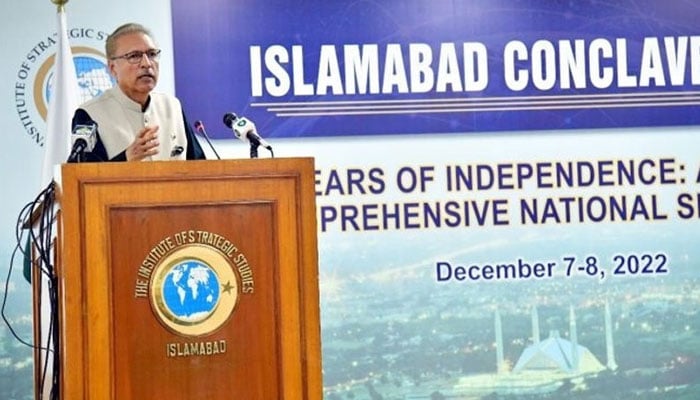
- President Alvi says armed forces are committed to working per Constitution.
- Asks politicians to reduce political division.
- Says Constitution protects the rights of all citizens.
President Dr Arif Alvi has assured that the armed forces were committed to performing their mandated functions as per the Constitution and urged all politicians to commit themselves to democratic means of negotiations, consultations and deliberations to achieve consensus on issues confronting the nation and reduce political polarisation to achieve financial and economic stability in the country.
The president expressed these views while addressing the concluding session of Islamabad Conclave-2022, titled “75 Years of Independence: Achieving Comprehensive National Security”, in Islamabad.
The president said that in the past the superpowers adopted the doctrine of mutually assured destruction, which diverted resources of the world towards meeting and developing more lethal weapon systems.
Dr Alvi added that even if a fraction of these resources had been diverted towards poverty and hunger then it could have been eliminated as well as the effects of climate change could have been mitigated.
He added that democracy, military defence, information and communication security, and economic independence were essential elements for a comprehensive defence of the country.
He said that the Constitution of Pakistan safeguarded the rights of all citizens equally irrespective of their social status, wealth or influence. He said that justice should be served promptly and cheaply without any discrimination which would help the country to move forward on a fast-track basis.
The president said that information was another vital element of national security as disinformation could be used to destroy the country and mislead innocent populations. He said that disinformation regarding weapons of mass destruction led to a major conflict in the Middle East, which resulted in the loss of many precious lives and the destruction of property and assets.
Dr Alvi stated that Pakistan acquired nuclear deterrence, which provided the country relief and a credible defence system for 20 to 30 years but with the advent of cyber security, the entire defence system paradigm had changed. He went on to say that concrete steps should be taken to protect national assets from cyber security attacks, and that a system should be put in place to counter any future cyber-attacks in the country.
The president stated that the country's higher education institutions should avoid refusing admission to students in the country's major institutions, and that all aspiring students should be admitted in order to increase the number of people with a higher education.
He said that the Higher Education Commission should take decisive and concrete steps to increase the capacity and capabilities of the higher education institutions by adopting out-of-the-box solutions and bringing in hybrid and online teaching systems to ensure that all aspiring students could be accommodated in the higher education system.
While talking about population control, he said that there was a need to remove taboos attached to the preventive methods of population control and ensure the availability of contraceptives. This, he said, could reduce unwanted pregnancies, which were 50% of the total pregnancies that takes place in the country.
The Director General of ISSI, Ambassador (retd) Aizaz Ahmed Chaudhary, briefed the participants about the issues discussed at the conclave. He informed that discussions were held on topics such as defence and security, the search for peace in South Asia, Pakistan’s economic frontiers, the pursuit of geo-economics, and Pakistan’s human and economic security.
Keynote Speaker, FS Aijazuddin, termed population as the major issue on the internal front whereas relations with India were the major issue on the external front. He also highlighted the major challenges in the way of enhancing regional connectivity.




